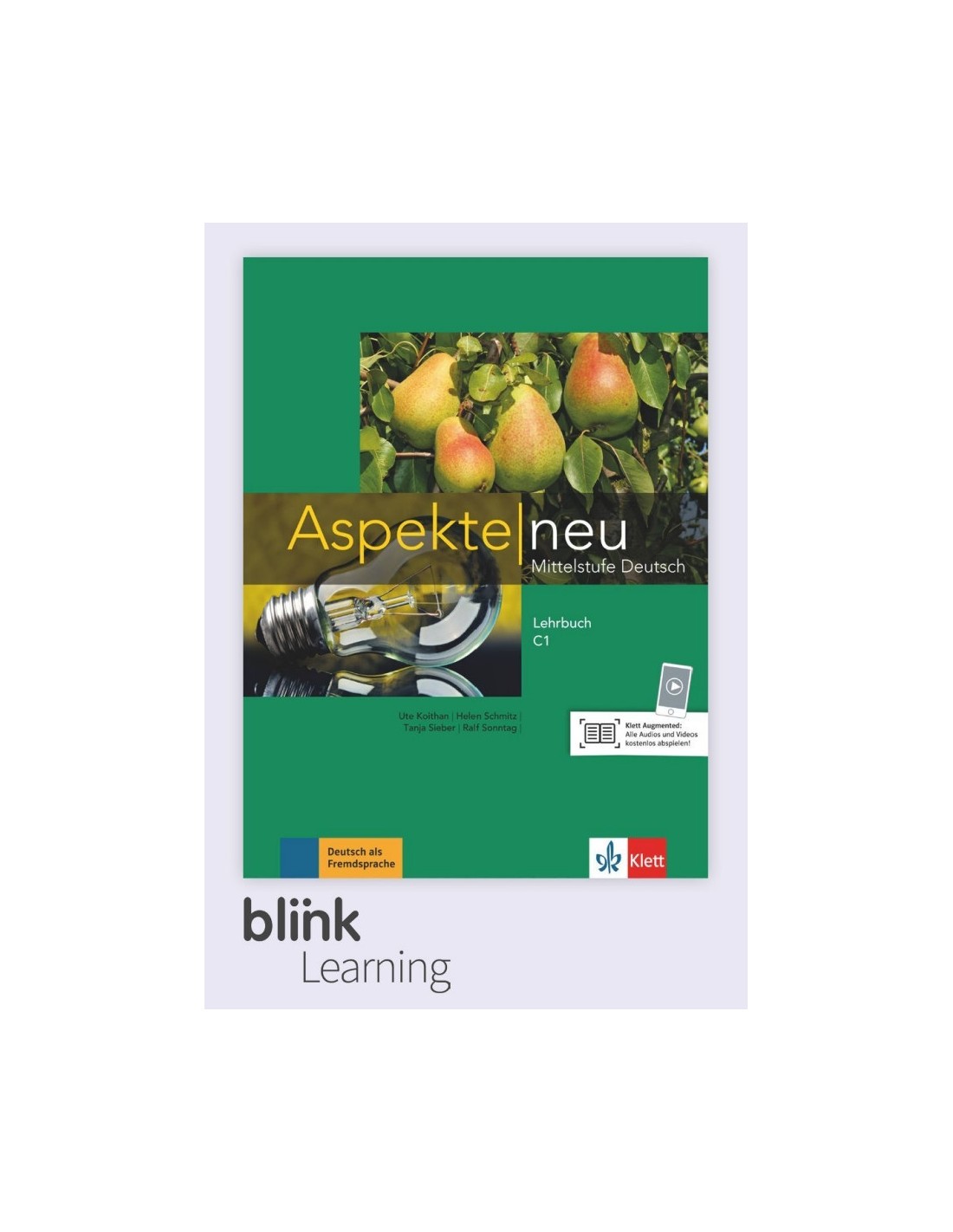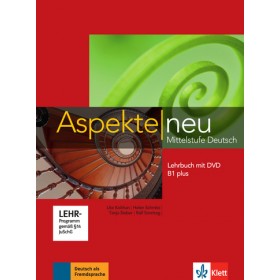


Learning skills: Ability to take notes during a university lecture. Ability to take actively part in the interaction in the classroom, in the virtual classroom and in the language classes. being able to participate in conversations about familiar topics of personal interest or pertinent to everyday life. ability to write simple texts on familiar topics and to narrate a story or the plot of a book or movie. Ability to understand simple topical articles and short narrative texts. ability to follow a lecture on a linguistic argument if the exposure is clear and enriched with examples. Ability to judge the correctness of morphosyntactic productions written in German L2.Ĭommunication skills: receptive skills at level B2, e.g. Ability to judge the phonetic correctness of oral productions. Making judgements: Ability to independently resolve comprehension problems with German texts. In general, the ability to produce (level B1+) and understand (level B2) written and oral texts in German. Ability to understand and write short narrative texts. Ability to understand an academic lecture. Ability to use the appropriate terminology. Knowledge and understanding applied: ability of meta-linguistic reflection, also in contrast with Italian, about fundamental phonological, phonetic, morphological and syntactic structures of German. Knowledge and understanding: knowledge of fundamental phonological, phonetic, morphological and syntactic structures of the German language knowledge of some features of a narrative text knowledge of morpho-syntactic, lexical and textual devices necessary for communication in German at level B1+/B2.


 0 kommentar(er)
0 kommentar(er)
